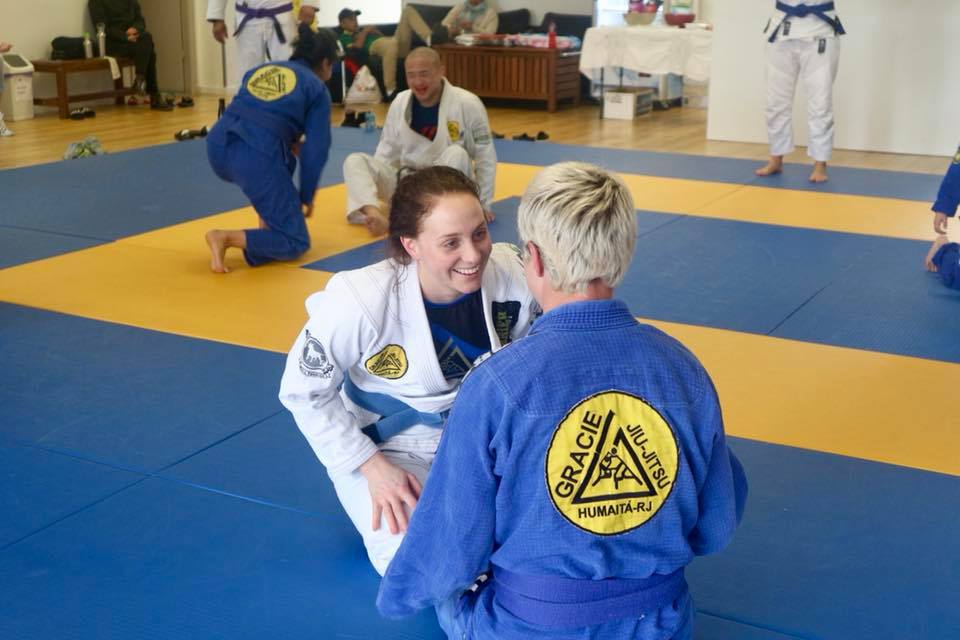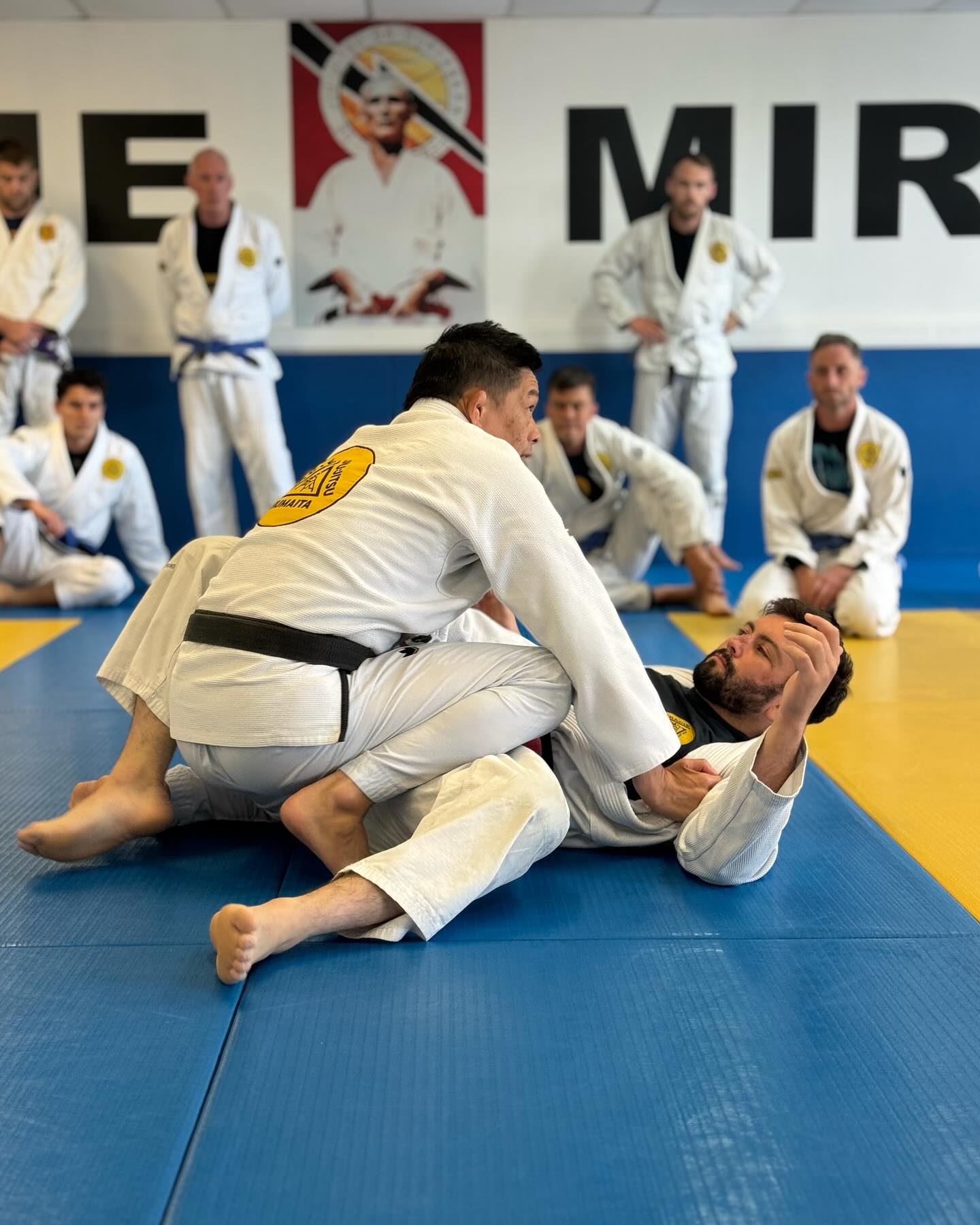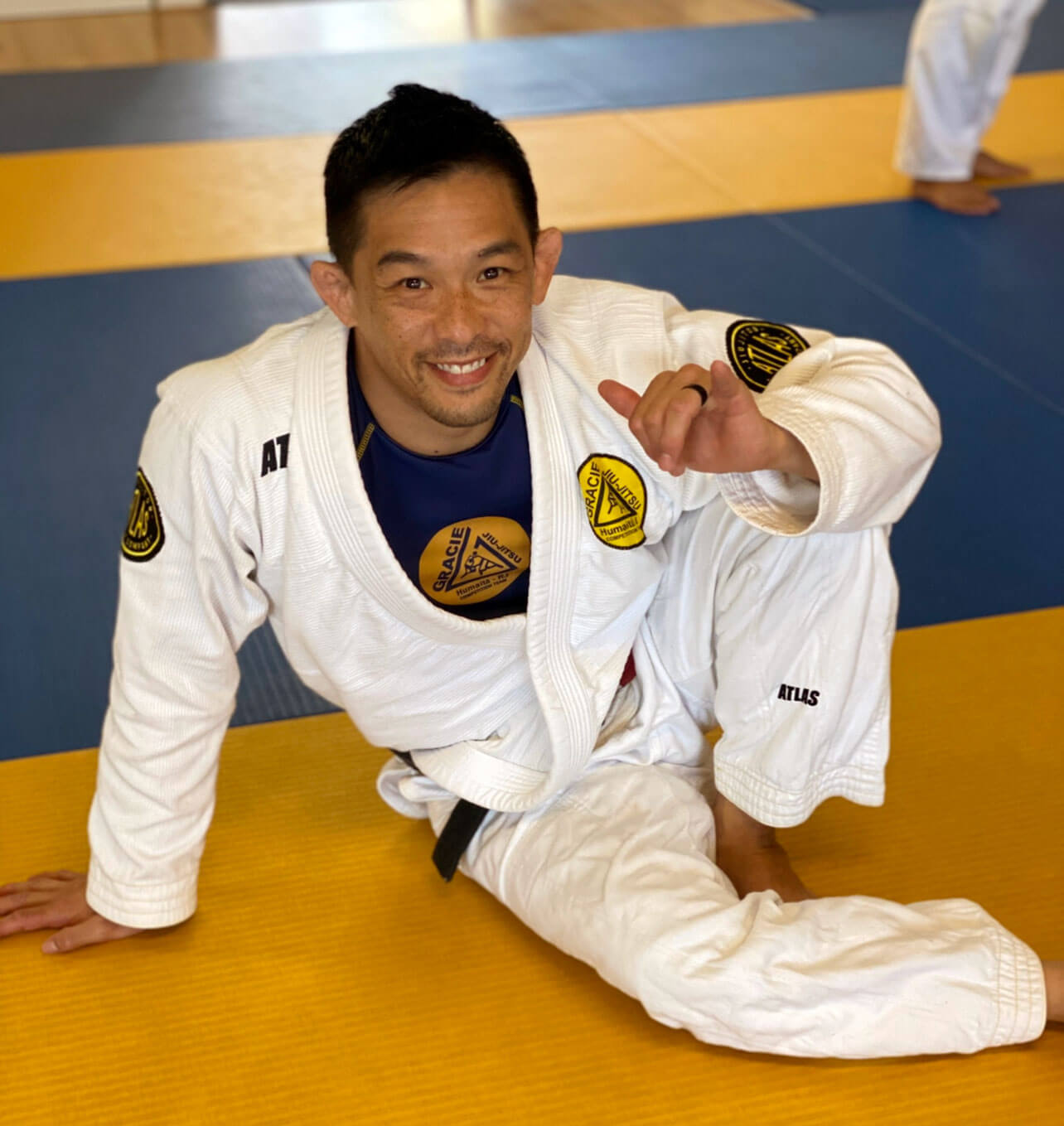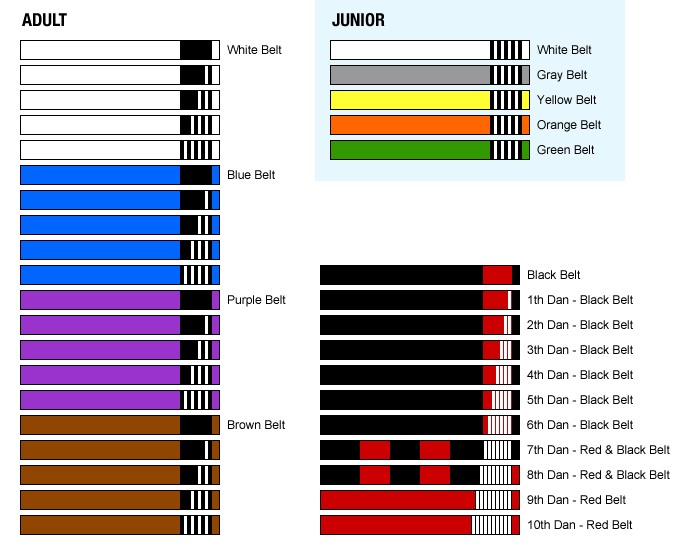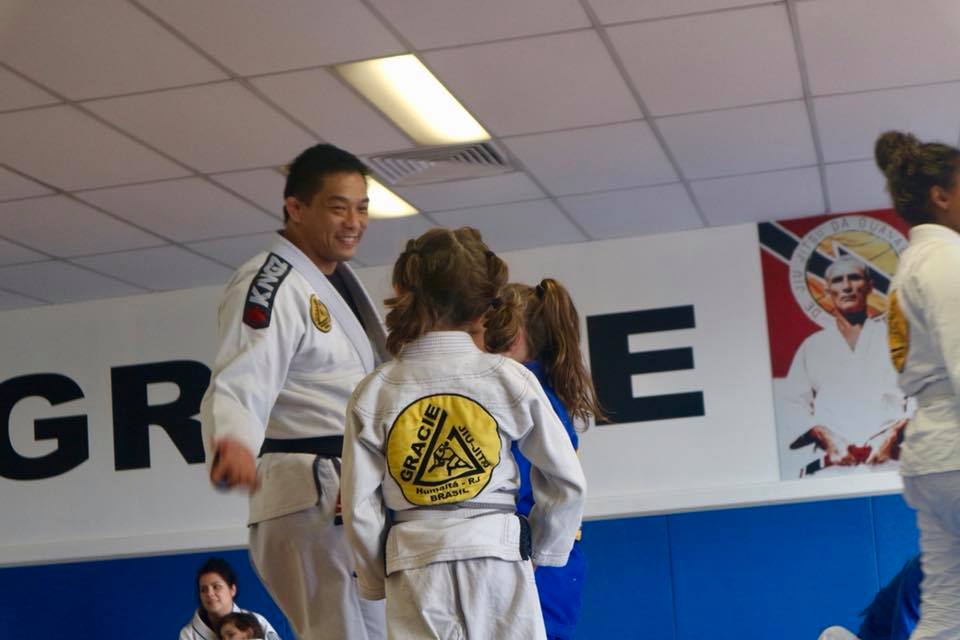All of the people who share Jiu-Jitsu mats at Gracie Miranda share something in common: They love martial arts. What brought them there, however, is different for everyone.
There are many reasons for kids (and adults) to train Brazilian Jiu-Jitsu (BJJ). Some do it for self-defense, some do it to keep active, some do it for socializing and others simply do it because it’s fun.
If you’re a parent considering what activities to sign your kid up to, you may be overwhelmed with options. You may not even truly know what Jiu-Jitsu even is! That’s OK.
What you need to know is that Jiu-Jitsu is a self-defense system that utilizes grappling rather than striking. No punches, no kicks! That grappling predominantly takes place on the ground, which makes BJJ different to the likes of wrestling and Judo.
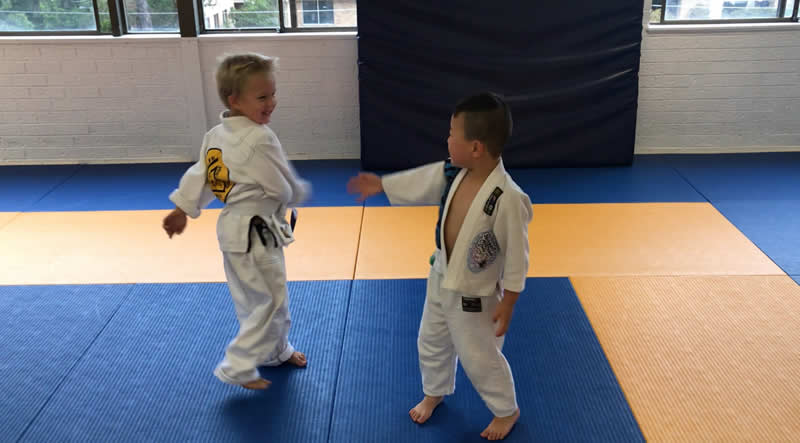
Here’s why it’s a good idea for kids to train Brazilian Jiu-Jitsu.
It’s designed for smaller people: Brazilian Jiu-Jitsu is all about using technique and timing rather than strength and power.
It was crafted in large part by Helio Gracie, who was smaller and weaker than his older brothers. Helio modified Judo techniques to accommodate his relative weakness, and the end result became BJJ. This famous quote from Helio Gracie encapsulates the ethos of the martial art:
“Always assume that your opponent is going to be bigger, stronger and faster than you; so that you learn to rely on technique, timing and leverage rather than brute strength.”
It would be a lie to say that size and strength are not advantages in BJJ, or in self-defense scenarios. But BJJ gives kids (and adults) the tools to overcome those disadvantages.
That makes it a great defense against bullies: Kids will have to master BJJ techniques if they want to successfully apply them on larger Jiu-Jitsu practitioners. However, the degree to which techniques need to be mastered goes down when those maneuvers are being applied on untrained aggressors – such as schoolyard bullies.
BJJ gives kids self-defense options: Jiu-Jitsu is especially helpful for kids’ self-defence because of the range of options it gives your child. BJJ teaches kids how to break grips and free themselves from the grasp of a larger aggressor. It also teaches them how to subdue an opponent in a manner that keeps them safe but does not harm the aggressor. In extreme circumstances, submission locks can also be used.
Other martial arts also provide effective self-defense, but not the same degree of choice. Stiff punches and kicks work, but can cause grievous injuries. That may be called for in some drastic circumstances, but not always.
It’s healthy and fun: We know it’s good to get kids moving, but traditional forms of exercise like walking, running or swimming can sometimes be boring. Sports of all kinds are great answers to this conundrum, as they’re primarily fun but also provide rigorous exercise.
Jiu-Jitsu is no exception. Once kids are old and comfortable enough, they’ll regularly spar with others in their age group. It’s a full-body workout that builds important core muscles and works the cardiovascular system. Unlike most other sports, it doesn’t require an entire team to play with. And best of all, kids get great exercise all while learning valuable self-defense skills.
Kids make lifelong friends: BJJ may not be a team sport, but that doesn’t mean children don’t make friends. Dozens of kids from all over the Sutherland Shire train at Gracie Miranda. Your child will meet and socialize with them all.
Friendships forged on the mats tend to be friendships that last a long time!
Kids learn about life: BJJ will obviously teach your girl or boy self-defense techniques, but that’s not all they learn. Jiu-Jitsu is difficult to master, and doing so takes many years. The journey that takes a person of any age from beginner to intermediate to black belt is one that teaches traits that may be even more important than BJJ techniques.
Dedication. Resilience. Tenacity. Persistence.
You’ll need these skills to succeed in Jiu-Jitsu. But it’s not that these are prerequisites, it’s that practicing BJJ imparts and reinforces these attributes. It’s possible that your child will learn and master self-defense techniques but never get a chance to use them.
It’s different for the mental and emotional skills that BJJ imparts, like the ability to set goals and deal with failure. Everyone needs those skills, and Jiu-Jitsu is a fun, satisfying way to learn them!

